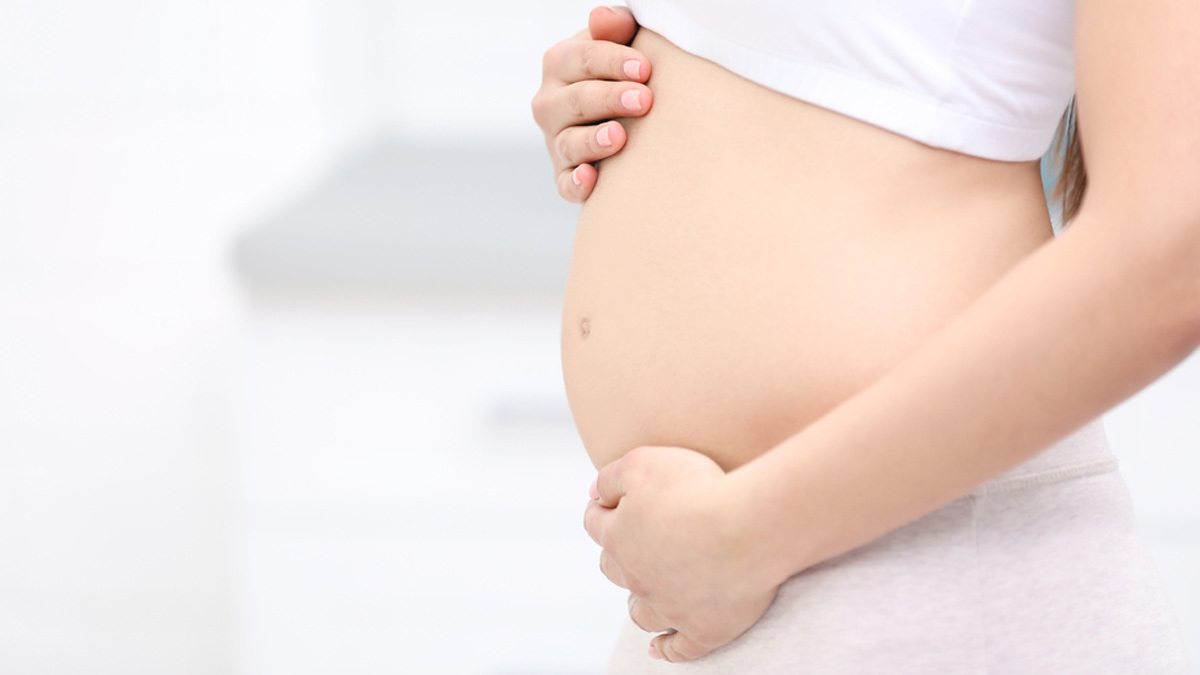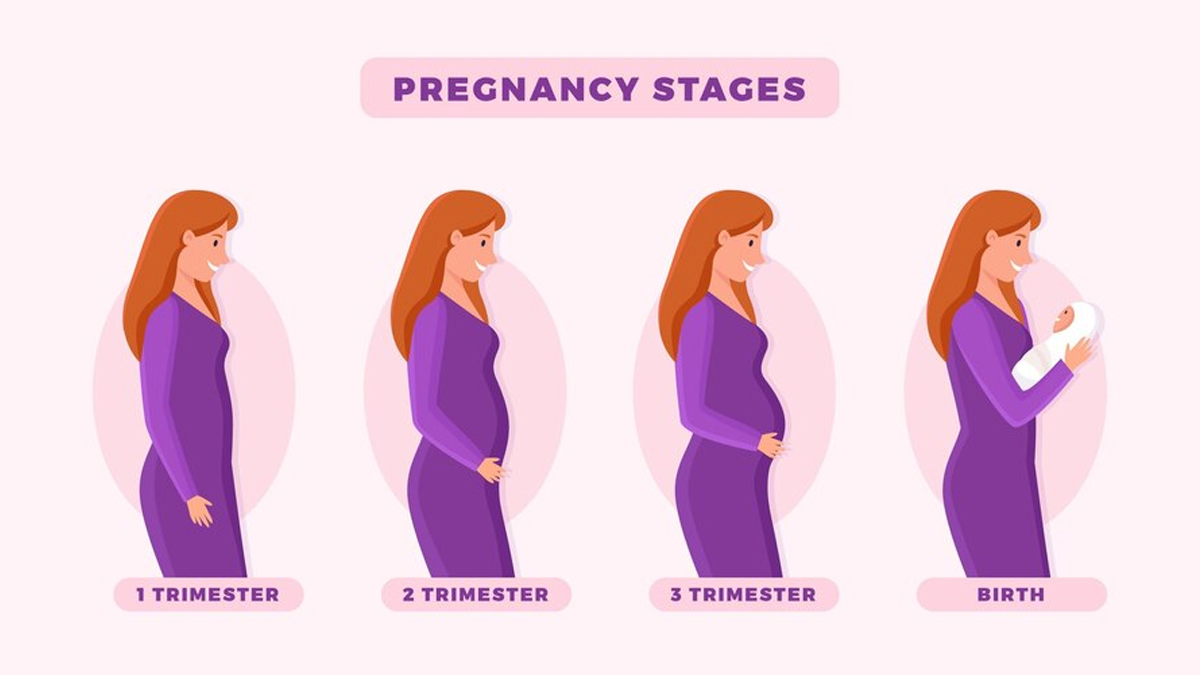
Pregnancy is divided into three trimesters, each with its own unique set of changes for the mother and baby. There are various changes observed in the body, right from the first day of your period to the birth of your child. The first trimester, starting from the first day of your last period before conception lasts until the 13th week. Also, the experience is different for everyone, as some may glow during the first trimester while others may feel miserable. We spoke to our expert Dr Barun Chakraborty, Consultant Gynaecologist, Manipal Hospital Salt Lake, Kolkata, who explained the symptoms of the first trimester of pregnancy, dietary changes, and the importance of exercise during this time.
Table of Content:-

Pregnancy is divided into three stages known as trimesters of about three months each:
- First trimester: Conception to 13 weeks
- Second trimester: 14-27 weeks
- Third trimester: 28-40 weeks
“The earliest stage of pregnancy is the first trimester, which starts from conception until the end of the 13th week. It’s a time of great anticipation and rapid changes for the expected mother and her baby. It will help you prepare for the upcoming months if you know what to anticipate”, said Dr Chakbraborty.
Symptoms Observed In the First Trimester
Certain symptoms and changes generally occur during the first trimester of pregnancy. Dr Chakraborty listed some of them as follows:

Nausea and Vomit
Nausea and vomiting are common experiences in pregnancy, affecting most of the pregnant women in the first few weeks of pregnancy. According to a 2019 study, about 80% of women report feeling sick, whereas 35-40% report vomiting during the first trimester.
Constipation and Gas
“During pregnancy, high levels of the hormone progesterone slow down the muscle contractions that normally move food through your system. Moreover, the extra iron you're getting from your vitamin results in uncomfortable constipation and gas”, said Dr Chakraborty.
Hyperacidity
Hyperacidity, also known as heartburn or acid reflux, is a common condition during pregnancy. The stomach's valve can loosen due to pregnancy hormones, preventing the stomach from closing properly and allowing acidic stomach contents to reflux back up, potentially causing hyperacidity.
Food cravings and Aversions
You may notice changes in your eating habits during pregnancy. Some people begin to crave certain foods, while others tend to avoid certain food items. Dr Chakraborty added, “In the early stages of pregnancy, certain meals and tastes may seem amazing, but others may taste bad all of a sudden. It is possible to develop food aversions throughout pregnancy, which makes you dislike things you used to enjoy.”
Also Read: Feeling Hot During Pregnancy? Expert Explains The Reasons And What You Can Do About It

Diet For First Trimester
“A healthy and well-balanced diet in the first trimester of pregnancy is essential for the well-being of the mother-to-be and her baby. This is because whatever a woman consumes during pregnancy is the main source of nutrition for the baby”, said Dr Chakraborty.
Choosing the right foods for a healthy pregnancy can be challenging. In the first trimester, it's recommended for expectant mothers to eat whatever they can, but the food should be consumed frequently and in small amounts. Dr Chakraborty listed the food items that you must include in your diet as follows:
- Vegetables
- Fruits
- Pulses in large quantity
- Milk
- At least 3 litres of water
“A pregnant woman can exercise in the first trimester but not exert beyond the capacity of tolerance. Some pregnant women who have bleeding in the early trimester are advised to take bed rest in the first trimester. Also, it is advised to take folic acid supplements for the development of the baby”, added Dr Chakrborty.
Bottomline
Dr Chakraborty concluded, “It is advised to take any medicine under the supervision of an obstetrician, as the first trimester is the period of organogenesis where all the organs are synthesised. There are some blood tests and scans which should be monitored timely for the growth of the unborn baby; thus, it is necessary to be under supervision during the pregnancy.”
[Disclaimer: This article contains information provided by an expert and is for informational purposes only. Hence, we advise you to consult your expert if you notice any problems during pregnancy to avoid any complications.]
Also watch this video
How we keep this article up to date:
We work with experts and keep a close eye on the latest in health and wellness. Whenever there is a new research or helpful information, we update our articles with accurate and useful advice.
Current Version